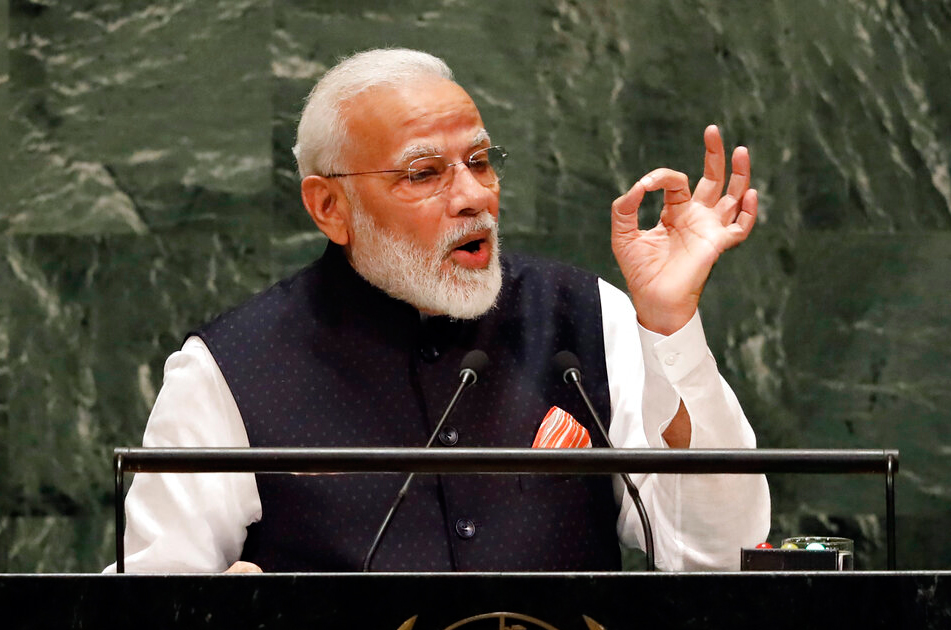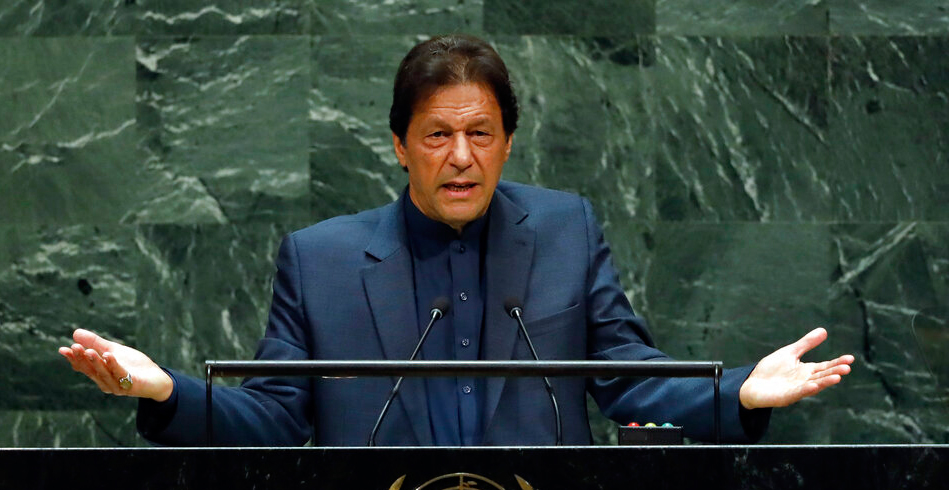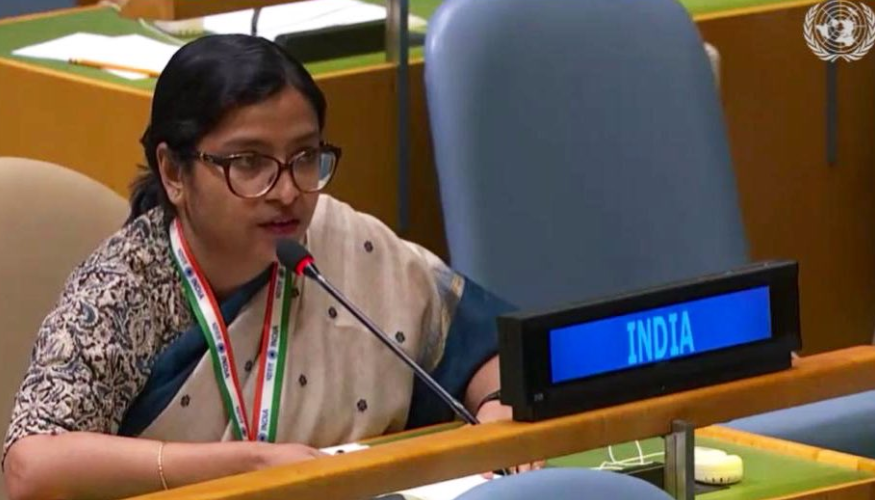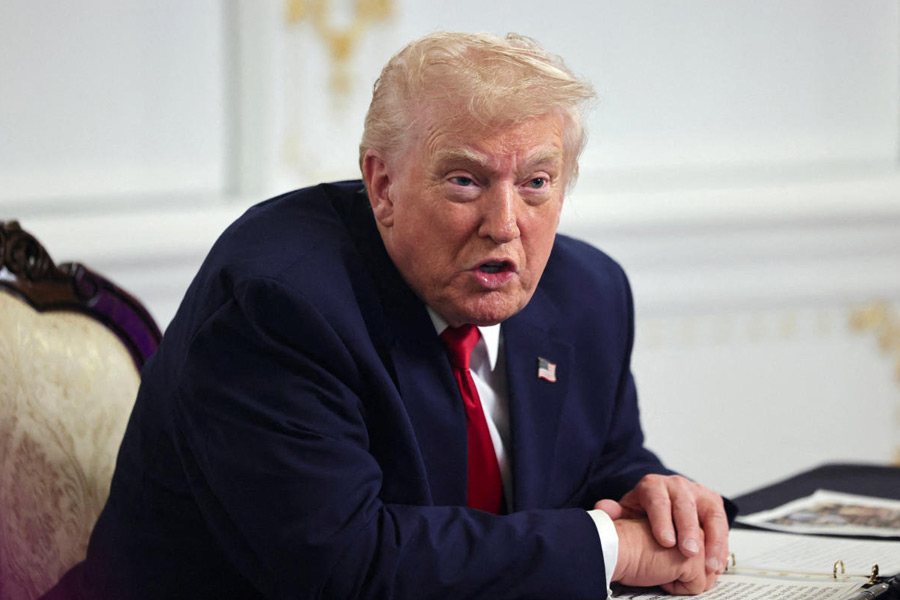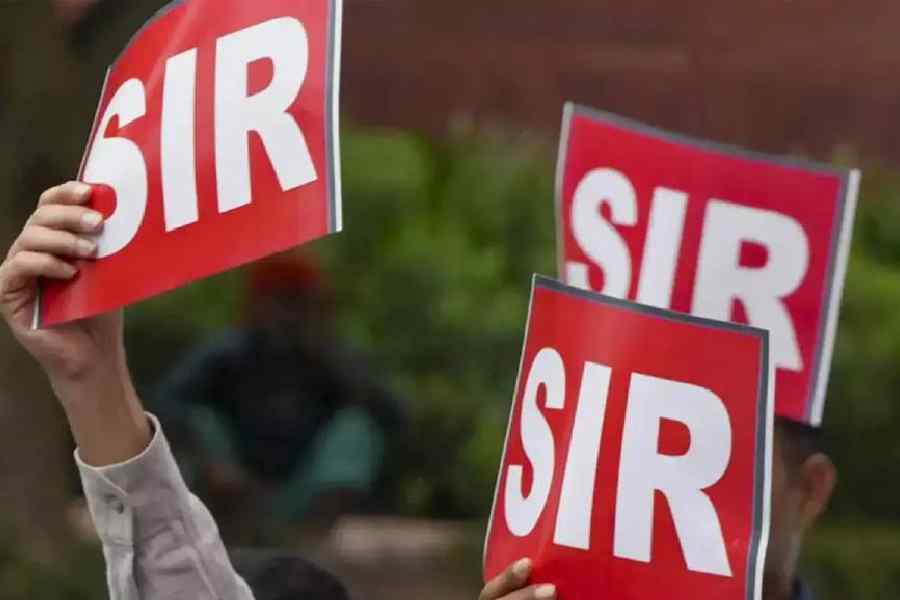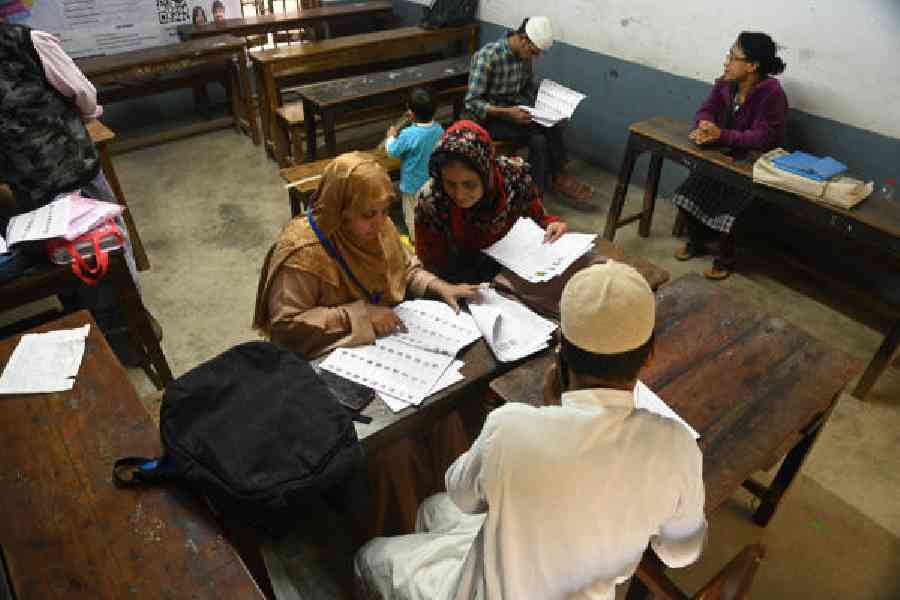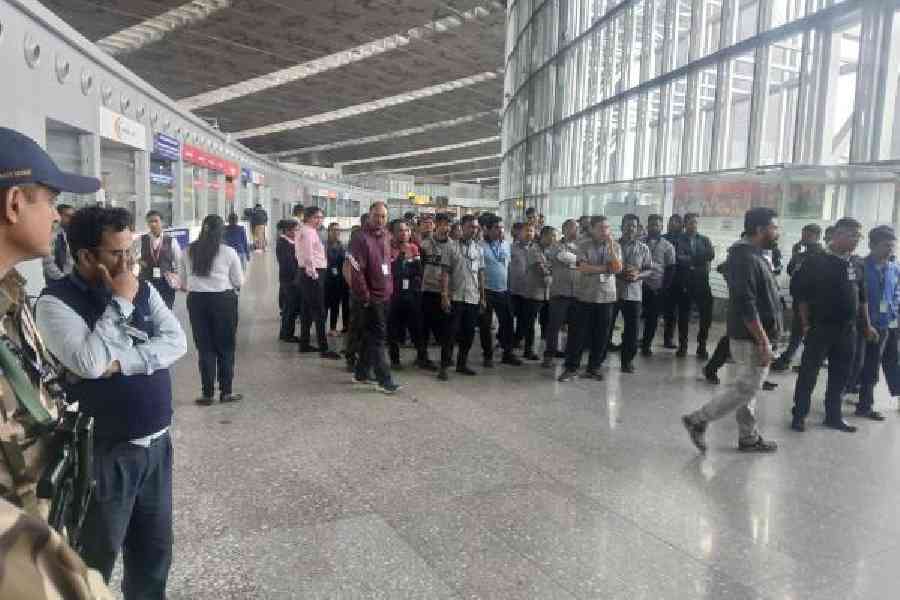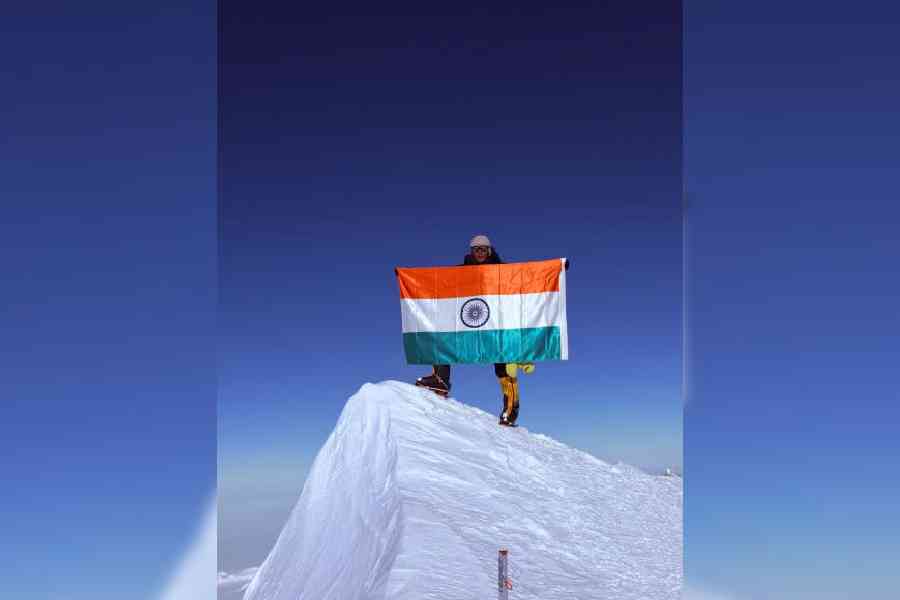Speeches, even when they are delivered from a shared pulpit, can present contrasting perspectives. The addresses of the prime ministers of India and Pakistan at the United Nations general assembly bore evidence of such sharp differences. Imran Khan, Pakistan’s head of state, chose to use the occasion to launch a vitriolic campaign against India. He even reminded the world of the possibility of a nuclear confrontation between the two neighbouring nations. Mr Khan’s message may have thrilled his domestic audience, especially his minders in Rawalpindi. But his speech must be counted as a diplomatic disaster. If anything, its aggressive timbre may have ended up distancing Islamabad not only from New Delhi but also from the influential members in the comity of nations.
The Indian prime minister, on the other hand, chose to rise above bilateral differences in the course of his inspirational oratory. Much like an experienced, visionary statesman, Narendra Modi opted to highlight one particular challenge that is common to India and the world. Terrorism, Mr Modi pointed out quite correctly, should exercise the global fraternity like no other issue. This is not only because terrorism poses a potent threat to people and nations around the world. Mr Modi went on to identify the ideological dimensions of this conflict. Without taking Pakistan’s name even once — this was a masterful touch — Mr Modi noted that the notion of terror opposes the foundational principles of the UN. Indeed peace, harmony and amity, the objectives of the UN, or, for that matter, any elected national leadership, cannot be compatible with those of terrorism. What Mr Modi’s singular speech also highlighted is the convergence of the global and the national in international politics. Terrorism or, say, climate change is no longer New Delhi’s headache alone. These problems undermine the very edifice of the civilization project. Significantly, this overlap between the global and the national throws open a newer kind of challenge for Mr Modi and his government. Mr Modi had laid stress on the tradition of universalism inherent to India’s philosophical vision. Ironically, the spirit of inclusion and accommodation has been weakened significantly in India under Mr Modi’s watch. The Bharatiya Janata Party, the advocate of a muscular nationalism, must now walk the talk that the prime minister delivered at the UN.

